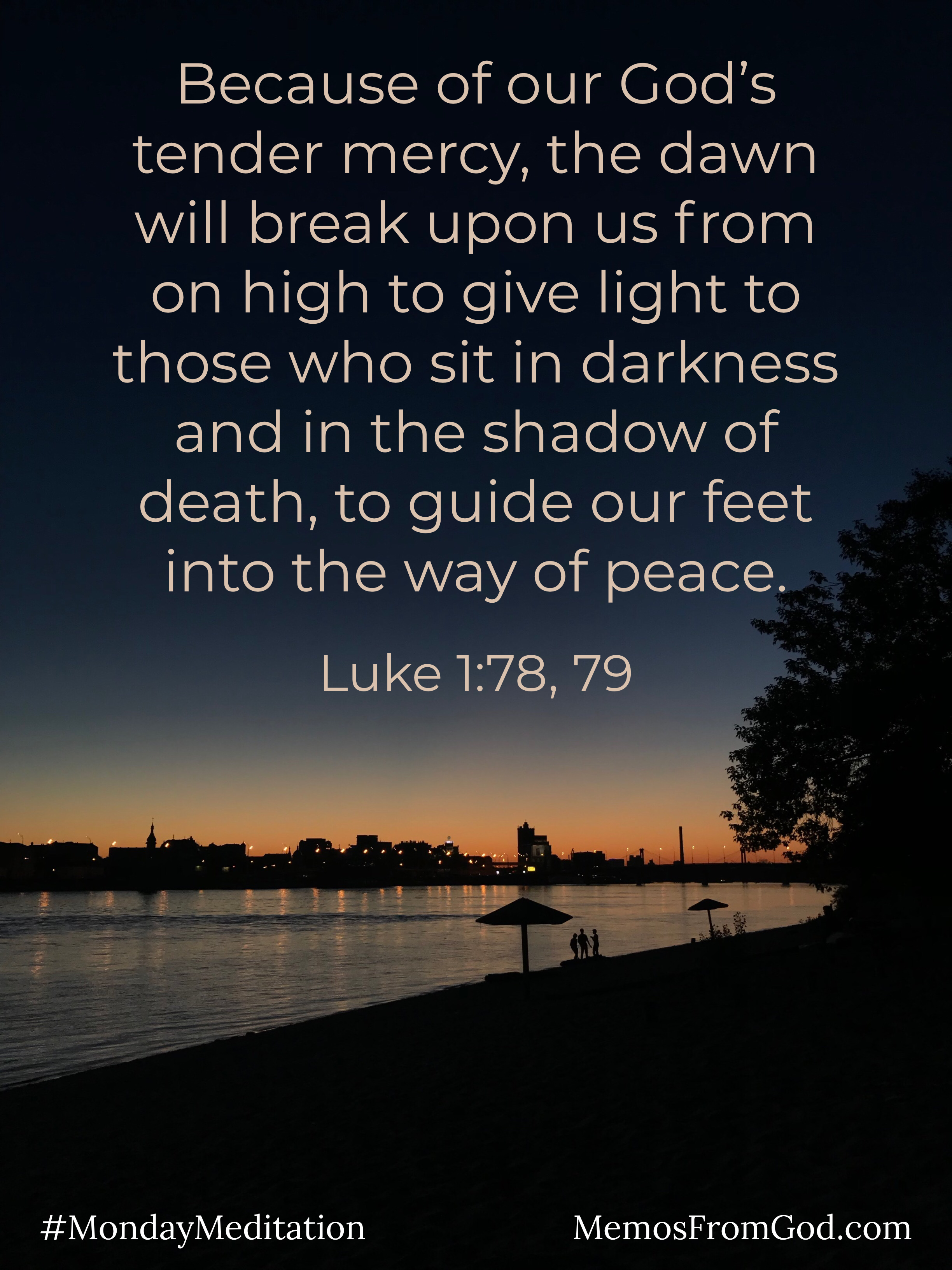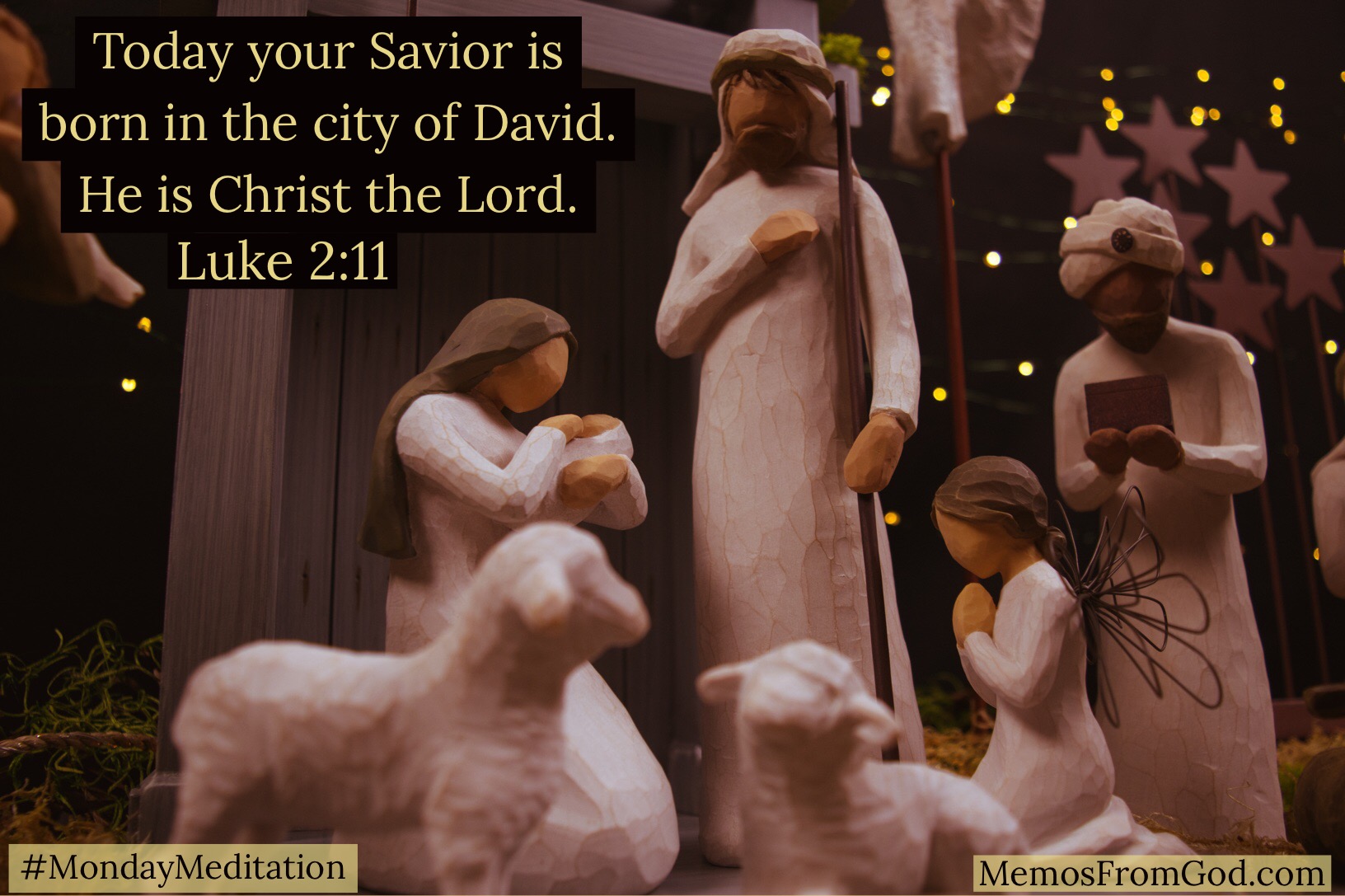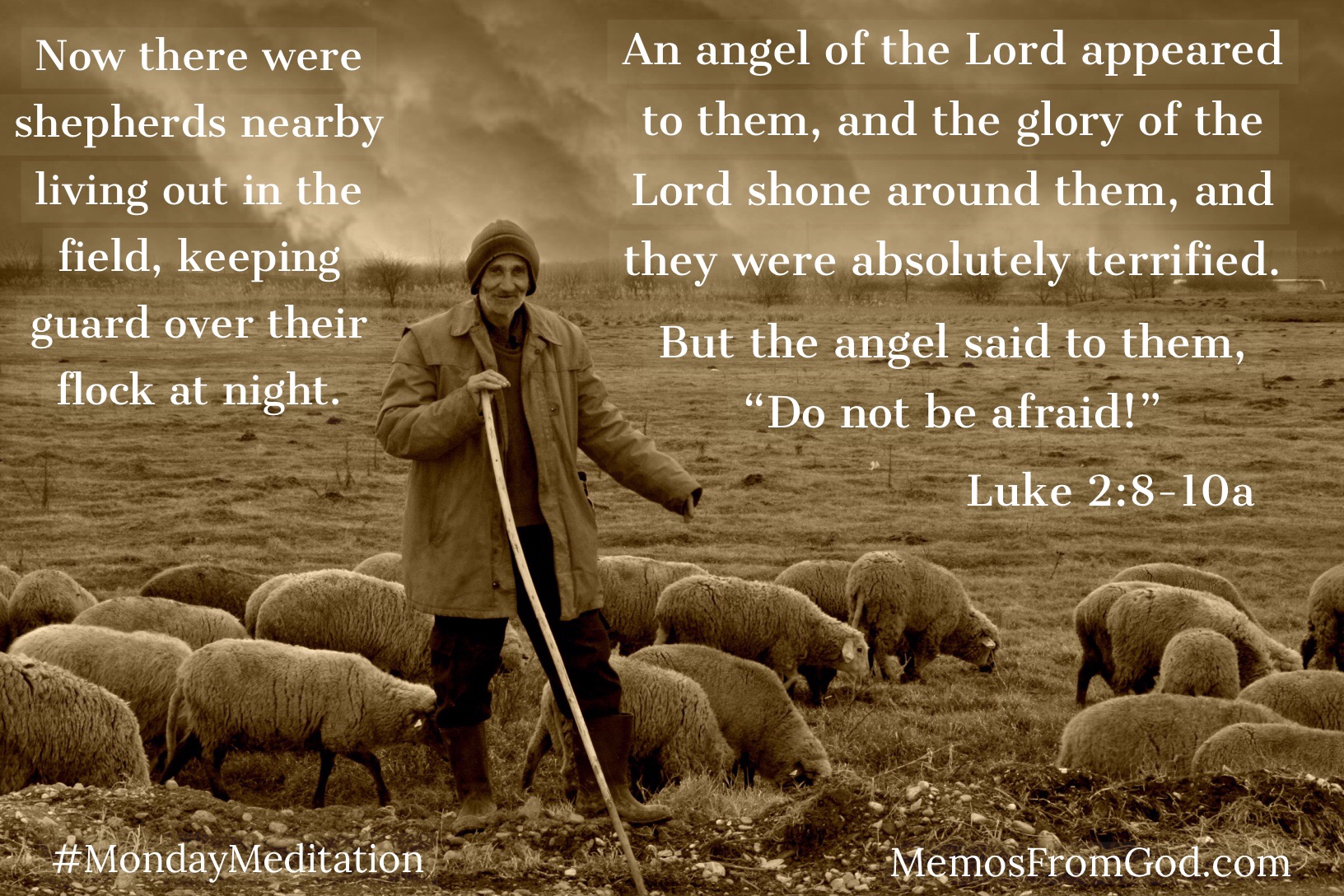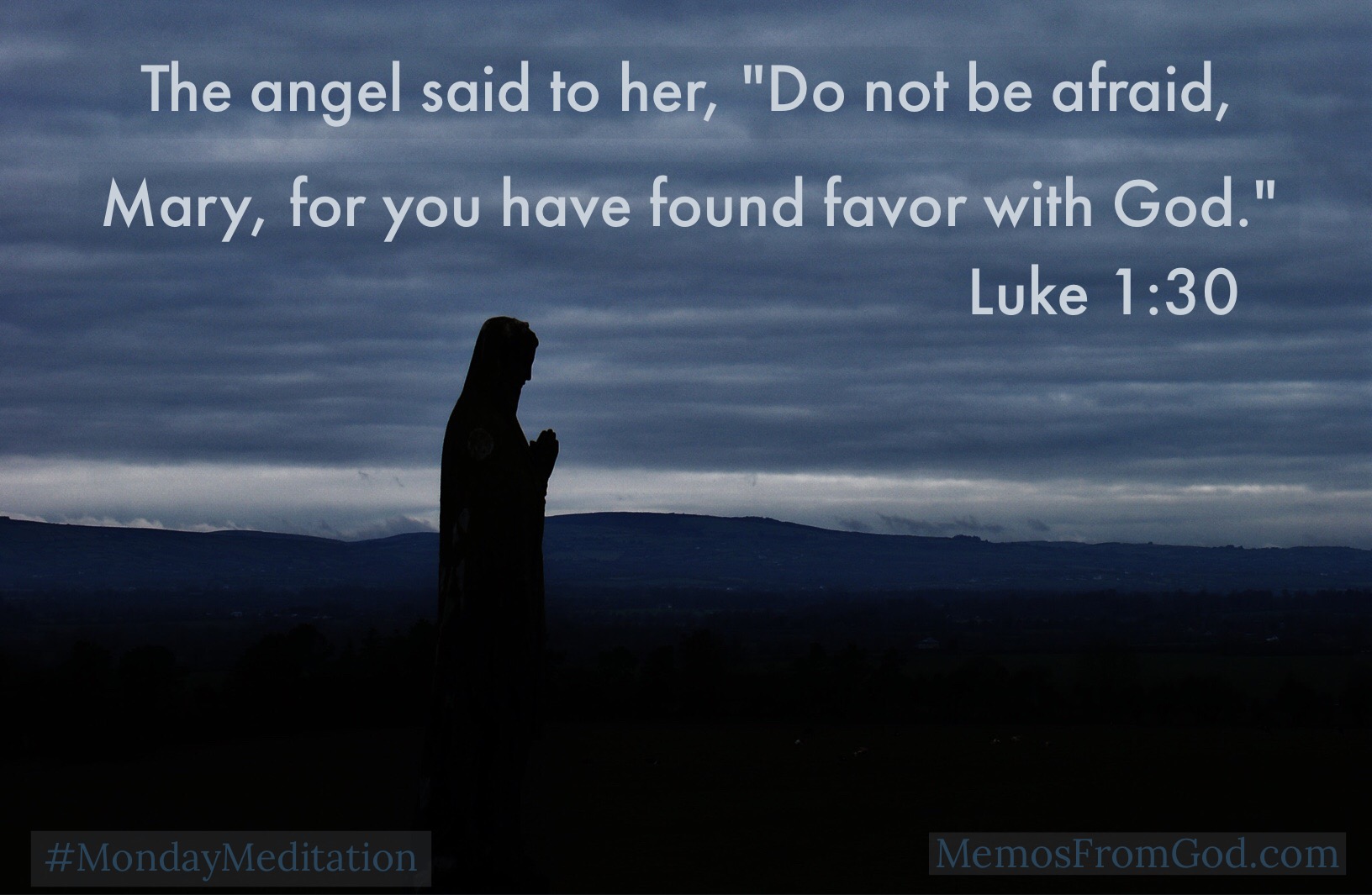

Attempting to Understand the Bible










Often, in my posts and in my conversations, I have mentioned that Jesus really only had two rules—to love God and to love others. Matthew 22:35-40 tells us that all the law and the prophets depend on these two commandments. When we think back to Old Testament Law, we often think of the Ten Commandments, but Jesus’ top two are the essence of all the law handed down from God through Moses. (Deuteronomy 6:4-5, Leviticus 19:18) Therefore all the religious experts who challenged Jesus with questions would not only be aware of this, but would have memorized the scriptures that say so. Many of them would have carried these verses in phylacteries that they wore to remind them to keep their religious law.
So it was no surprise that when a religious expert stood up to test Jesus by asking “What must I do to inherit eternal life?”, he actually answered his own question by quoting that scripture. (Luke 10:25-28) The expert wasn’t sure he wanted to make such a large commitment, so he decided to see how narrowly he could define the term “neighbour”. (Luke 10:29) In response, Jesus told him the story of The Good Samaritan, (Luke 10:30-37) probably one of the most familiar stories from the Bible. A man walking down a long, steep, narrow, winding road, with lots of places for bandits to hide, is robbed, beaten and left for dead. A priest and later a Levite, two people who would know God’s laws better than most, both crossed the street as they approached the victim to avoid the possibility of becoming ceremonially unclean by touching him. They essentially condemned him to death. Finally a Samaritan came along. Samaritans were despised by the Jews, hated because of their race and because of actions taken by their ancestors generations before. If the victim had been in his right mind, he probably would not have even spoken to the Samaritan. Why should the Samaritan waste his time, and his money, to help this man out? Nevertheless, he did. He carried him to the closest inn and gave the innkeeper the equivalent of two days wages to care for the man. That would have been enough money for about a month’s lodging, but it came with the promise to make up the difference the next time he came by. He would pay whatever it took for the care of this stranger.
Jesus finished the story by rewording the religious expert’s question—not, “who is my neighbour?”, but “which one was a neighbour?” The expert answered, “the one who showed mercy”. And like the Samaritan did, Jesus tells us to go and show mercy to those in need. (Luke 10:37) Compassion has a price, and it is inconvenient. Jesus was well aware of that when He told us to love each other. We may not be able to do this in our own strength, but if our hearts are willing to love and obey God, and therefore love others, God will give us eyes to see their needs, and the strength and resources to meet them. (Philippians 4:13)